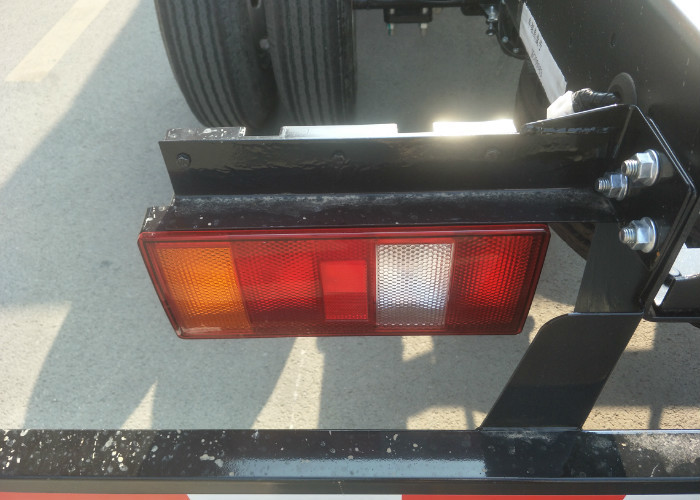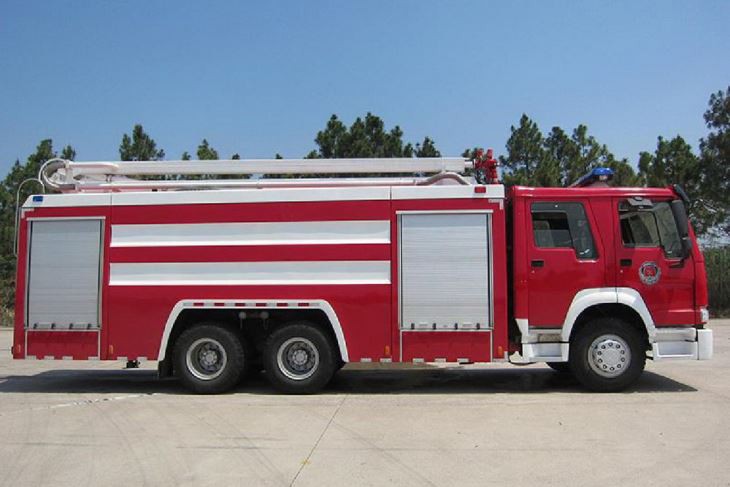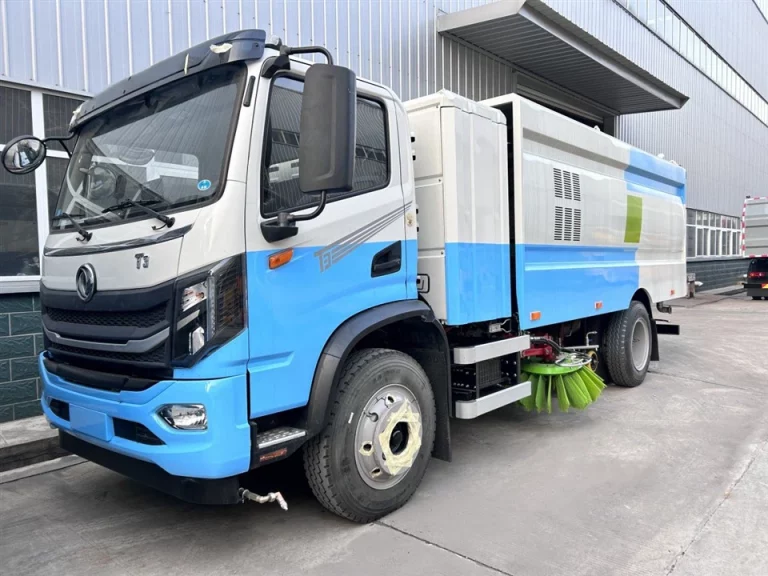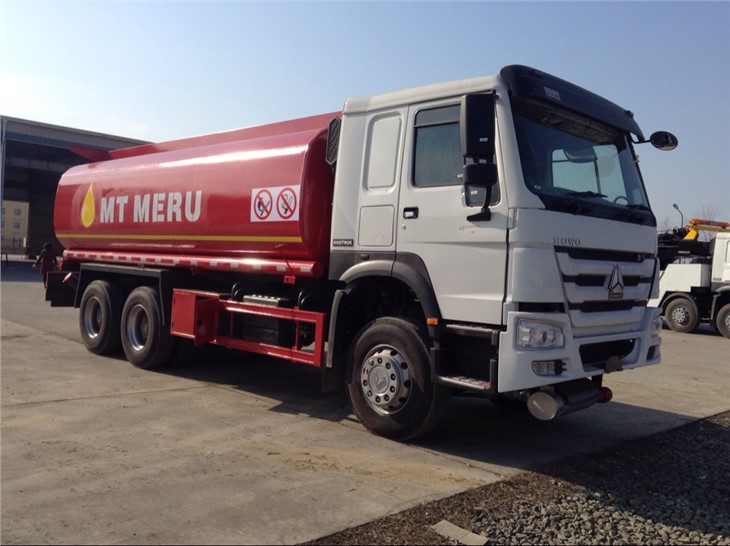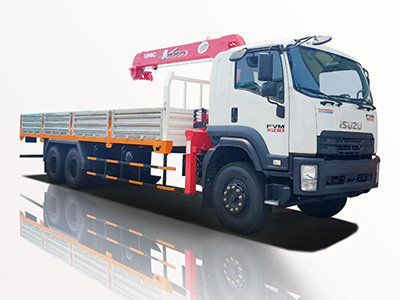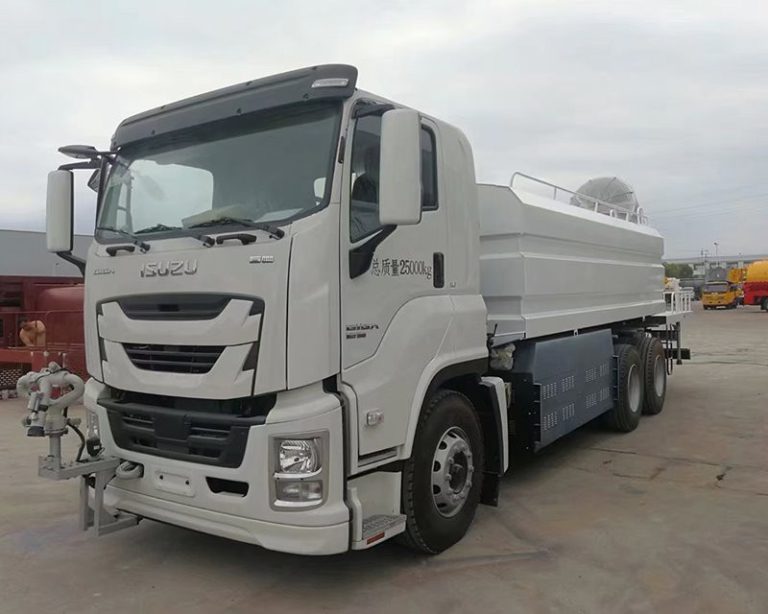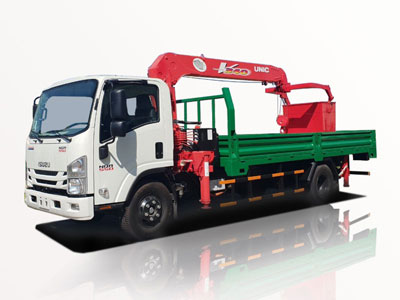When it comes to heavy-duty towing, the 50 ton tow truck stands out as a reliable workhorse. With its powerful capabilities and robust features, this type of tow truck is ideal for heavy equipment transport, vehicle recovery, and managing roadside emergencies. In this article, we will explore everything you need to know about 50 ton tow trucks, from their specifications and advantages to practical tips for usage and maintenance.
What is a 50 Ton Tow Truck?
A 50 ton tow truck is designed to handle large and heavy vehicles that weigh up to 50 tons. It features a combination of strength, towing power, and advanced technology, which makes it an essential vehicle for towing services, roadside assistance, and commercial transport operations. These trucks are equipped with powerful hydraulic systems, reinforced frames, and specialized towing equipment.
Key Specifications of a 50 Ton Tow Truck
| Feature | Specifications |
|---|---|
| Towing Capacity | 50 tons |
| Engine Power | 400-600 HP |
| Gross Vehicle Weight | Approx. 33,000 to 40,000 lbs |
| Wheelbase | Approximately 240 to 280 inches |
| Vehicle Type | Heavy-duty trucks |
Benefits of Using a 50 Ton Tow Truck
1. Heavy-Lifting Capability
The most significant advantage of a 50 ton tow truck is its ability to lift and tow heavy vehicles. This makes it invaluable for towing large rigs, buses, and construction equipment.
2. Versatility
These trucks can handle a variety of towing tasks, including recovery of vehicles from ditches, flatbed towing, and transporting heavy machinery across long distances.
3. Safety Features
Modern 50 ton tow trucks are equipped with advanced safety features such as anti-lock brakes, traction control, and stability management, ensuring safer operations for drivers and vehicles being towed.
4. Reliability
With a robust build and high-quality components, 50 ton tow trucks provide reliability even under challenging conditions, which is essential for emergency towing services.
5. Enhanced Technology
Many of these trucks come with integrated technology, such as GPS systems, cameras for improved visibility, and software for better route management, enhancing operational efficiency.
Common Uses of 50 Ton Tow Trucks
1. Heavy Equipment Transport
Construction companies often rely on 50 ton tow trucks to transport heavy machinery like excavators and bulldozers to and from job sites.
2. Salvage Operations
In cases of vehicle accidents, these tow trucks are frequently used to recover damaged vehicles or clear the road of obstructions.
3. Emergency Services
Towing companies utilize 50 ton tow trucks for emergency roadside assistance, providing help for breakdowns or accidents involving heavy vehicles.
4. Fleet Management
Logistics and transportation companies use these trucks to manage their fleets, ensuring heavy-duty vehicles can be moved efficiently as needed.
Practical Tips for Operating a 50 Ton Tow Truck
1. Training and Certification
Before operating a 50 ton tow truck, ensure that you or your driver has adequate training and certification to handle heavy towing equipment safely.
2. Regular Maintenance
Implement a maintenance schedule that includes regular inspections, oil changes, brake checks, and tire rotations to ensure the truck remains in top condition.
3. Load Distribution
When towing, ensure that the load is evenly distributed across the truck to maintain balance and control during transport.
4. Use Appropriate Equipment
Always use the correct towing attachments and safety chains to secure the vehicle being towed, minimizing the risk of accidents.
5. Know Your Areas
Familiarize yourself with the local area to avoid narrow roads or obstacles that could hinder the towing process.
Comparing 50 Ton Tow Trucks: Key Brands and Models
There are several prominent brands that manufacture 50 ton tow trucks, each offering unique features and advantages. Here’s a brief comparison of some key models:
| Brand | Model | Features | Price Range |
|---|---|---|---|
| Ford | F-Series Super Duty | High towing capacity, strong frame | $150,000 – $180,000 |
| International | HV Series | Efficient engine, advanced safety systems | $180,000 – $220,000 |
| Freightliner | M2 106 | Customizable configurations, powerful engines | $160,000 – $200,000 |
| Kenworth | T800 | Sturdy design, excellent maneuverability | $170,000 – $210,000 |
Maintenance of 50 Ton Tow Trucks
1. Daily Inspections
Conduct daily inspections before using the truck to check for leaks, tire pressure, and functioning lights.
2. Regular Oil Changes
Follow the manufacturer’s guidelines for oil change intervals to keep the engine running smoothly.
3. Brake and Suspension Checks
Given the heavy loads these trucks handle, regular checks on brake systems and suspension are crucial to ensure safety.
4. Cleanliness
Keep the truck clean from dirt and debris, which can affect performance and longevity. Regular washing can help maintain the truck’s exterior and functionality.
Frequently Asked Questions (FAQs)
1. How much weight can a 50 ton tow truck tow?
A 50 ton tow truck can tow vehicles and equipment weighing up to 50 tons, which includes large trailers, buses, and construction machinery.
2. What is the average cost of a 50 ton tow truck?
The price of a new 50 ton tow truck typically ranges from $150,000 to $220,000, depending on the brand and features.
3. What type of driver’s license do you need for a 50 ton tow truck?
In most jurisdictions, a Commercial Driver’s License (CDL) is required for operating a tow truck of this size and weight category.
4. How often should I service my 50 ton tow truck?
Routine maintenance should be performed according to the manufacturer’s recommendations, typically every 5,000 to 10,000 miles.
5. Can a 50 ton tow truck tow a car?
Yes, a 50 ton tow truck can easily tow a standard car. However, it is generally more efficient for larger, heavier vehicles.
6. Are there any legal restrictions on towing with a 50 ton tow truck?
Yes, there may be local regulations regarding towing operations, including permits and road restrictions. Always check local laws before towing.
